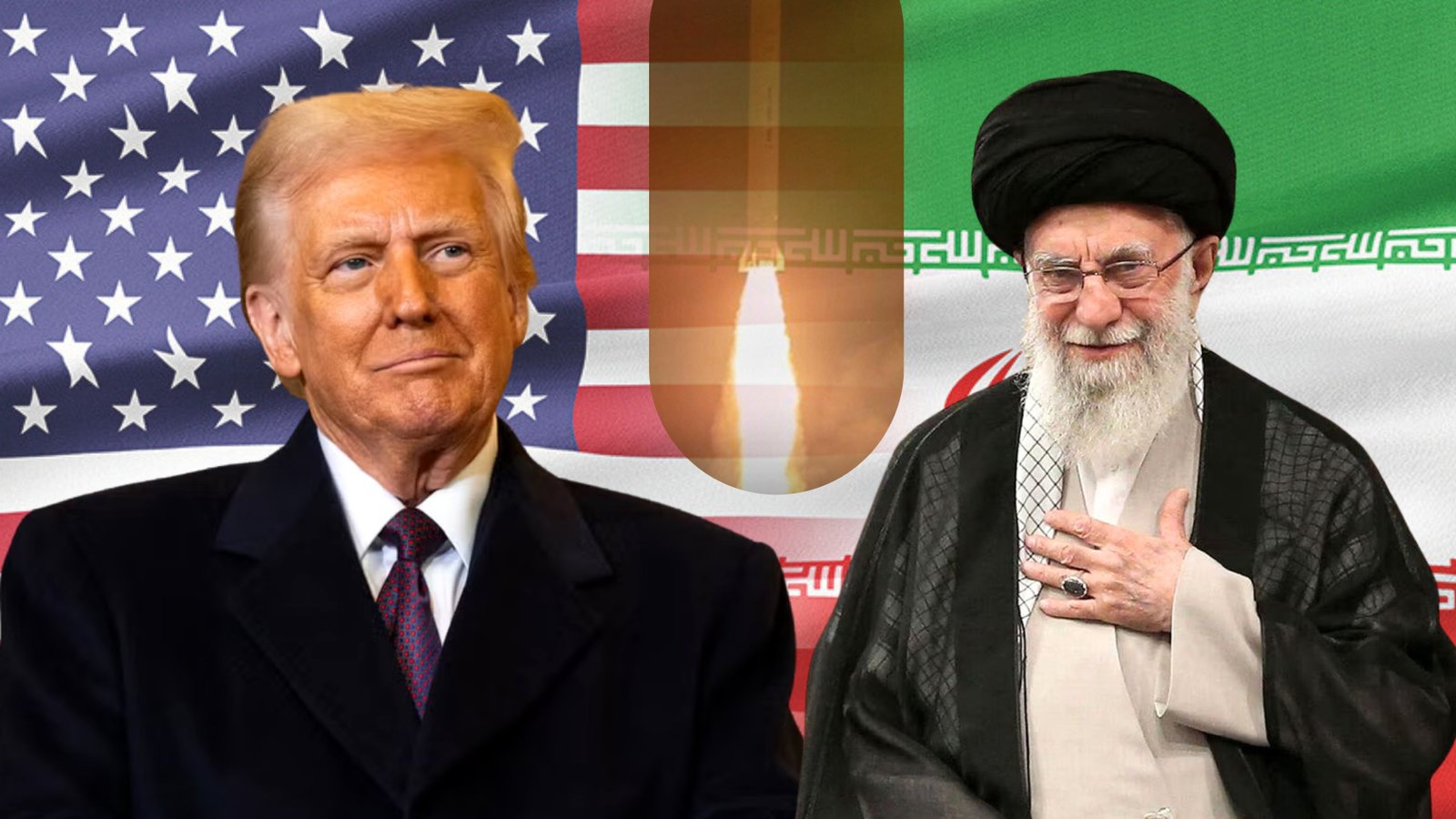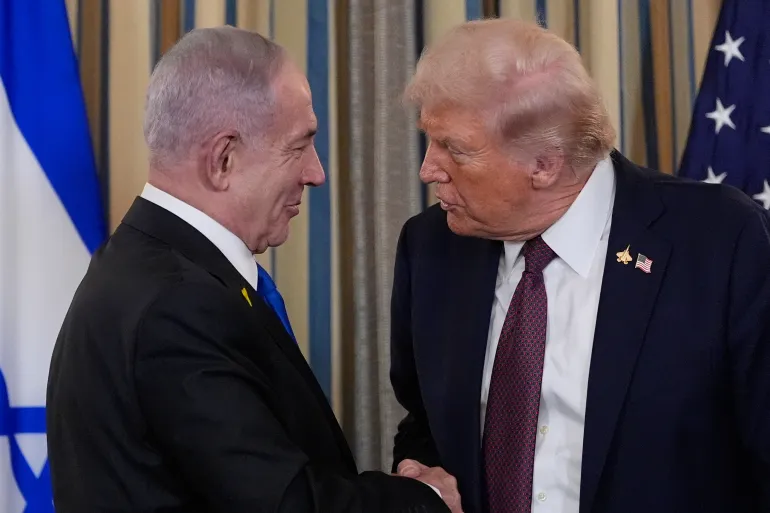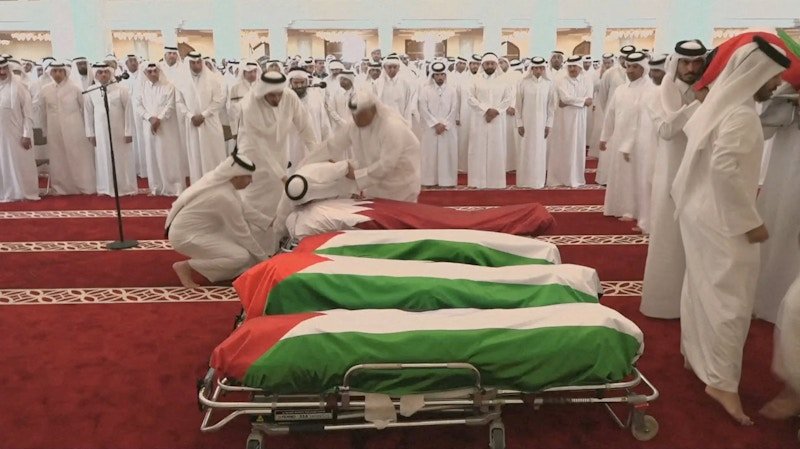With Political Will and Fairness, a Credible and Lasting Nuclear Deal with the US Is Still Possible – Iran
Following the abrupt postponement of the next round of nuclear talks with the United States in Oman, Iran has strongly reiterated its right to enrich uranium—a stance the country has long maintained.
With Political Will and Fairness, a Credible and Lasting Nuclear Deal with the US Is Still Possible – Iran
With Political Will and Fairness, a Credible and Lasting Nuclear Deal with the US Is Still Possible – Iran
Following the abrupt postponement of the next round of nuclear talks with the United States in Oman, Iran has strongly reiterated its right to enrich uranium—a stance the country has long maintained.
On Saturday, Iran’s Foreign Minister Abbas Araghchi stated on social media, “Iran has every right to possess the full nuclear fuel cycle,” noting that Iran is a member of the Nuclear Non-Proliferation Treaty (NPT). He added, “There are many NPT member countries that enrich uranium but fully reject nuclear weapons,” reinforcing Iran’s claim that its nuclear program is strictly for civilian purposes.
Araghchi further stated, “Extreme positions and incendiary rhetoric only serve to diminish the chances of success”—a remark directed at the U.S. position, which demands Iran halt all enrichment activities.
In a Thursday interview with Fox News, U.S. Secretary of State Marco Rubio said, “The countries that enrich uranium are almost all nuclear-armed.” However, countries like Germany, Japan, and Brazil also enrich uranium without having nuclear weapons.
The fourth round of indirect talks between Washington and Tehran, originally scheduled for Saturday, was delayed. Araghchi commented, “I refrain from disclosing the key points of negotiations through the media. However, repeating lies won’t change facts. As a founding signatory of the NPT, Iran holds the right to the full nuclear fuel cycle. In addition, many nations across Asia, Europe, and South America enjoy this right while rejecting nuclear weapons.”
He added, “A credible and lasting agreement is still within reach. All that’s needed is political will and a fair mindset.”
Oman, serving as mediator, cited “logistical reasons” for the postponement. A new date has yet to be confirmed. An Iranian official told Reuters that the timing would “depend on the U.S. approach.”
The diplomatic deadlock comes amid a fresh wave of U.S. sanctions targeting Iran’s oil sales and its alleged continued support for Yemen’s Houthi rebels. Tehran responded by accusing Washington of sending “contradictory messages” that undermine diplomatic efforts.
Earlier this week, French Foreign Minister Jean-Noel Barrot claimed that Iran was “on the verge of acquiring nuclear weapons”—an accusation Tehran dismissed as “completely baseless.”
Iran has consistently maintained that it does not seek to develop a bomb, and that its nuclear program remains under the oversight of the International Atomic Energy Agency (IAEA).
Araghchi once again affirmed that Iran’s right to enrich uranium is “non-negotiable”—though IAEA Director General Rafael Grossi suggested on Wednesday that, should a deal be reached, Iran’s enriched material could either be dissolved or exported.
This diplomatic impasse comes at a time when global powers are reassessing whether meaningful progress can still be made in reviving the 2015 nuclear agreement, known as the Joint Comprehensive Plan of Action (JCPOA). Under this deal, Iran significantly curtailed its nuclear activities in exchange for international sanctions relief. The agreement unraveled in 2018 after then-President Donald Trump unilaterally withdrew the United States from it.










